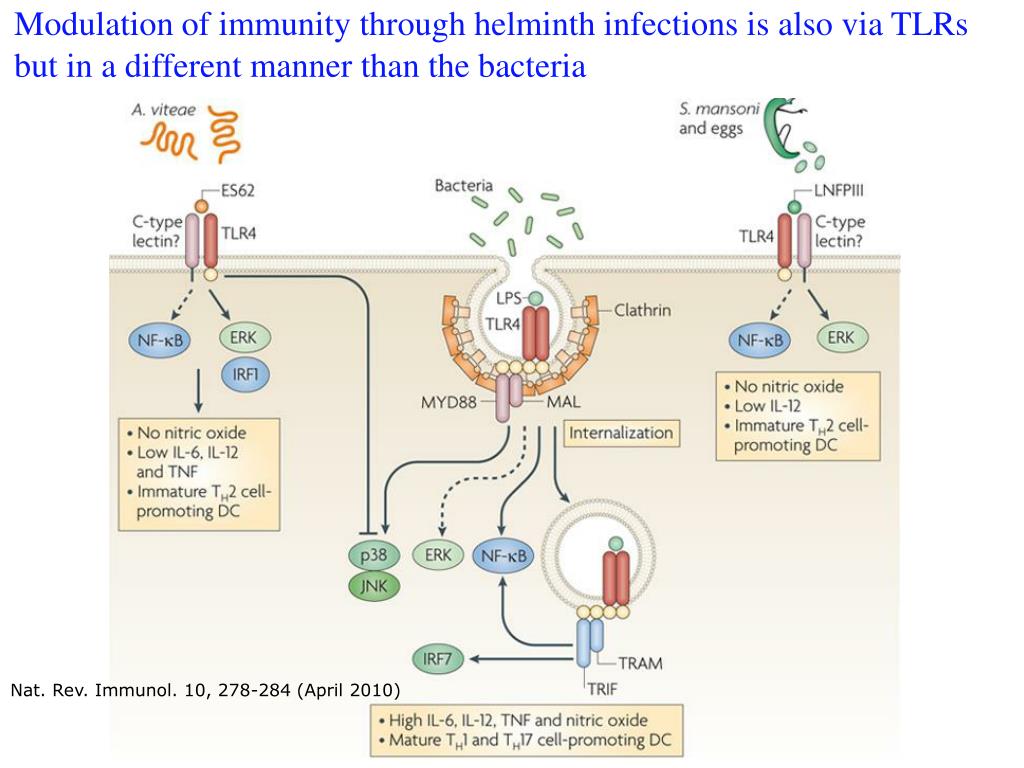Do you want to find 'the hygiene hypothesis'? Here you can find questions and answers on the topic.
Table of contents
- The hygiene hypothesis in 2021
- The hygiene hypothesis suggests that
- Hygiene hypothesis pdf
- Hygiene hypothesis asthma
- What is the hygiene hypothesis quizlet
- Hygiene hypothesis cdc
- Hygiene hypothesis and covid
- The hygiene hypothesis asserts that
The hygiene hypothesis in 2021
 This image representes the hygiene hypothesis.
This image representes the hygiene hypothesis.
The hygiene hypothesis suggests that
 This picture representes The hygiene hypothesis suggests that.
This picture representes The hygiene hypothesis suggests that.
Hygiene hypothesis pdf
 This picture representes Hygiene hypothesis pdf.
This picture representes Hygiene hypothesis pdf.
Hygiene hypothesis asthma
 This image representes Hygiene hypothesis asthma.
This image representes Hygiene hypothesis asthma.
What is the hygiene hypothesis quizlet
 This picture demonstrates What is the hygiene hypothesis quizlet.
This picture demonstrates What is the hygiene hypothesis quizlet.
Hygiene hypothesis cdc
 This picture representes Hygiene hypothesis cdc.
This picture representes Hygiene hypothesis cdc.
Hygiene hypothesis and covid
 This picture representes Hygiene hypothesis and covid.
This picture representes Hygiene hypothesis and covid.
The hygiene hypothesis asserts that
 This image illustrates The hygiene hypothesis asserts that.
This image illustrates The hygiene hypothesis asserts that.
What is the hygiene hypothesis and why is it important?
Hygiene hypothesis. In medicine, the hygiene hypothesis states that early childhood exposure to particular microorganisms (such as the gut flora and helminth parasites) protects against allergic diseases by contributing to the development of the immune system.
What is the hygiene hypothesis for autoimmune and allergic diseases?
Abstract According to the ‘hygiene hypothesis’, the decreasing incidence of infections in western countries and more recently in developing countries is at the origin of the increasing incidence of both autoimmune and allergic diseases.
When was the hygiene hypothesis introduced by Strachan?
The hygiene hypothesis was initially introduced in 1989 by Strachan (1989) to explain the rapid increase of atopic diseases in industrialized countries with so called western lifestyle. Two different paths are named as possible underlying mechanisms.
How is the hygiene hypothesis related to asthma?
The “hygiene hypothesis” is supported by epidemiologic studies demonstrating that allergic diseases and asthma are more likely to occur when the incidence and levels of endotoxin (bacterial lipopolysaccharide, or LPS) in the home are low.
Last Update: Oct 2021